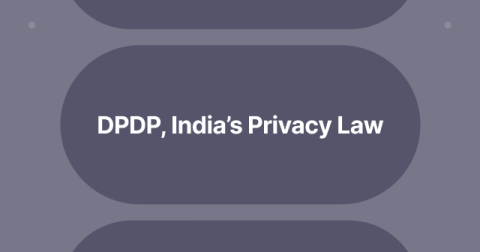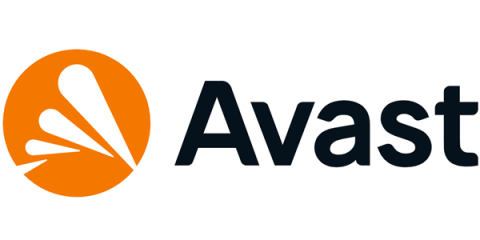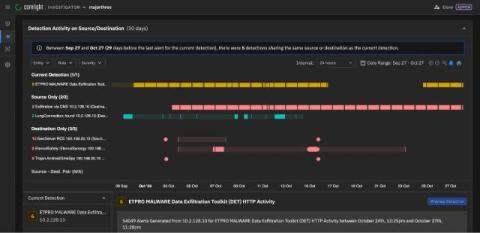FedRAMP Equivalent vs FedRAMP Authorized
The Federal Risk and Authorization Management Program (FedRAMP) is a U.S. government program designed to standardize and streamline the assessment, authorization and continuous monitoring of cloud computing services for federal agencies. It establishes a consistent set of security requirements for Cloud Service Providers (CSPs) to ensure their products meet the rigorous security and privacy needs of the federal government.










